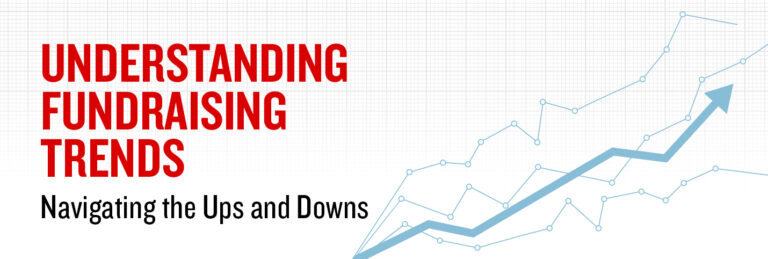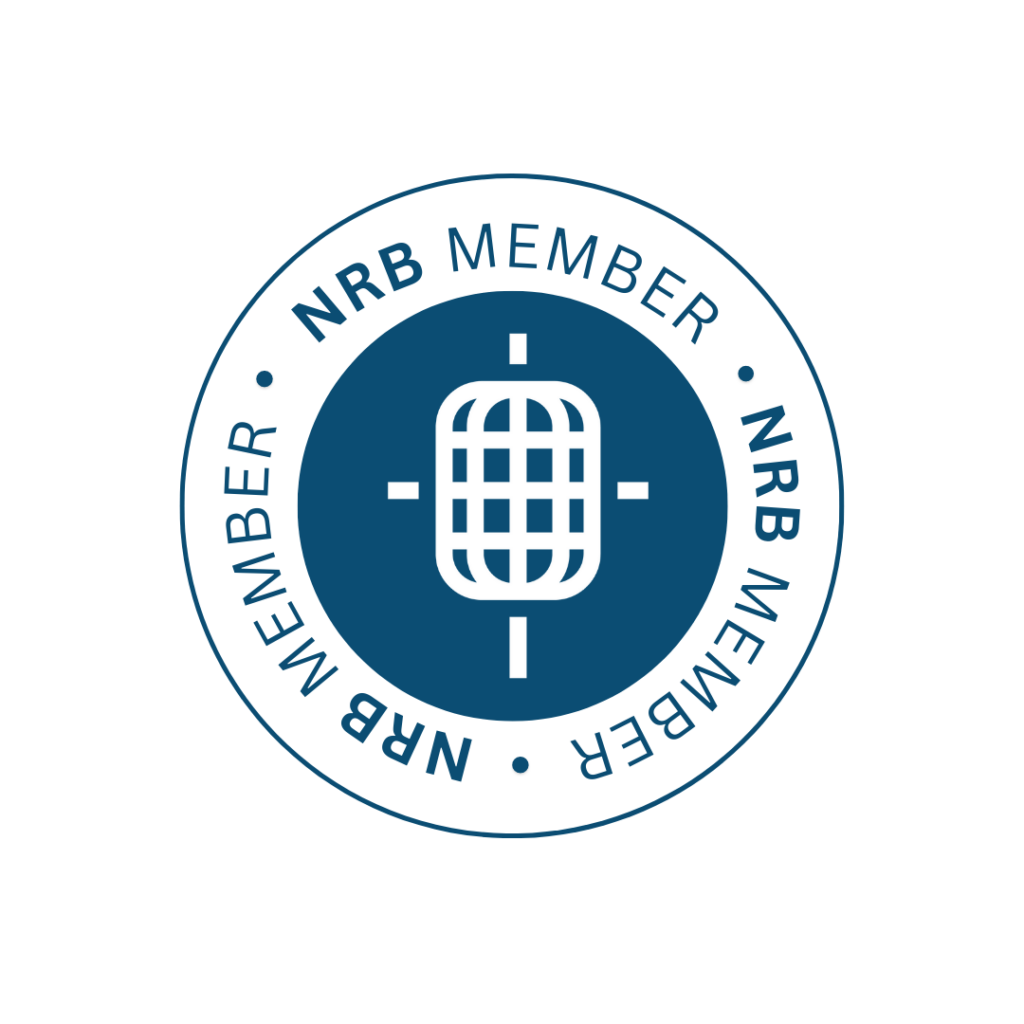Creating Custom Communications that Work
“Your organization’s greatest challenge isn’t being exceptional, it’s being understood.”
A friend of ours wrote this recently—and we would add, your greatest challenge isn’t being exceptional, it’s being understood so powerfully that your call to action drives people to respond.
That’s the point, isn’t it? In fundraising, we want our communication to resonate with donors who give to make a difference in people’s lives as an expression of their personal values. The more compelling the message, the more generous the response.
So why settle for generic donor communication written to a hypothetical audience? By that we mean, pre-written or templated print appeals, newsletters, and emails that aren’t crafted with your donors in mind at all. They are simply generic communications pulled from a catalog of pre-formulated appeal letters—all of which nonprofits across North America can choose from—and the selections must be made six to twelve months in advance so the agency can print the packages in bulk a few months before they mail.
Let me give an example: an emergency shelter can select a letter package from the catalog that tells the story of someone in need and a program that helps them. The generalized copy and design have been pre-formulated, and emergency shelters—small or large, rural or urban—can pay to have that letter generated on their behalf, modified only to include their logo, street address, and a few other customized details. There is no way to reflect the unique characteristics of an emergency shelter’s local context to capture the heart of the specific donors who give to them. The pictures, copy, design, and package must be generic enough to be used by any shelter anywhere in the country.
We’ve heard more than one true story of donors receiving two identical-looking appeal letters from two different nonprofits in their city. The donors weren’t aware that these nonprofits were employing the same syndicated agency, so they were confused, wrongly assuming by the appearance of the letters that the two nonprofits were connected.
So what’s the alternative to a syndicated program?
Custom direct response—relevant strategy and content created from scratch . . . original copy and design specifically tailored to resonate with your unique community of donors.
What’s the impact of a custom program?
Custom programs are contextualized, dynamic, and agile. Communication pieces are shaped by your donor communities’ traditions and history, reflecting the holidays and seasonal events that drive donor and volunteer engagement. They can be adapted and adjusted on short notice when unforeseen circumstances arise, which is extremely helpful in seasons like we have experienced this year. This demonstrates sensitivity and relevance to your community. It also engages with and strengthens relationships with your constituents as valued partners in making a difference for good.
You may be thinking . . . this sounds great, but fully custom communication must be cost prohibitive. Indeed, catalog programs are cheaper. When the same piece is mailed for 80 or more organizations around North America, production costs are much lower. But typically, so are the results.
Fully custom direct response achieves higher revenue. So even with a somewhat higher expense, the income left after expenses is much greater. And this higher net revenue is indicative of greater donor satisfaction and commitment.
So rather than focusing on cost, focus on the increased results your fundraising program will generate when you connect with your donors in a more personal and compelling way.
Related articles
-

Courage, Humility, and Faith Lived Boldly
There’s so much that I don’t know about the greatest leaders of our country. I’m trying to correct some of…
-

More Than Just Work
As a young Christian professional navigating the conundrum of aligning my beliefs into a purposeful career, I’ve been blessed to…








